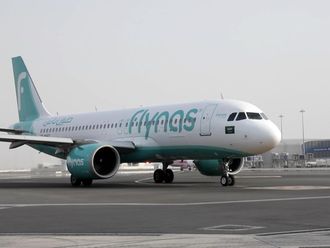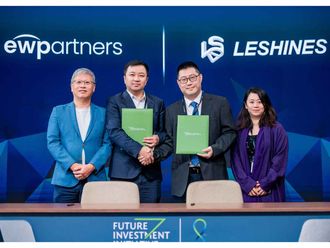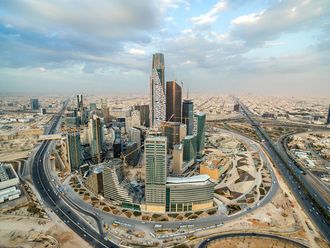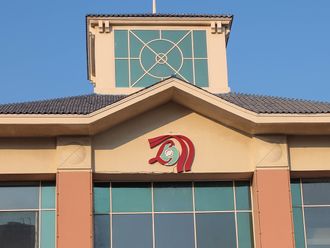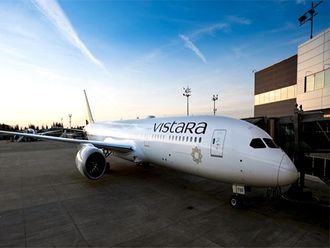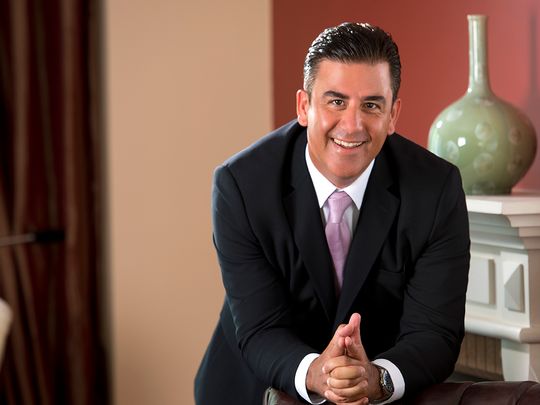
Signify, the world leader in lighting, is accelerating the global transition to connected LED lighting with the expansion of its Green Switch energy efficiency programme to the Middle East. The program will launch this week to customers in UAE and the Kingdom of Saudia Arabia.
Speaking from COP28, Goktug Gur, President, Middle East, Turkey, Africa and Pakistan at Signify, said, “It is imperative that governments act now to honour their climate commitments and pick up the pace on eliminating dependence of fossil fuels. Doubling the annual improvement rate on energy efficiency, including energy efficient lighting, can play a large part in this transition, freeing up electricity to power other devices and support the electrification process.
“Signify’s Green Switch programme connects customers’ energy-saving ambitions with solutions that meet and exceed their needs. In many cases, their objectives align with those of government funding programmes that can help get these projects off the ground. I am very pleased that we are introducing this programme to the Middle East, supporting the climate goals of United Arab Emirates and the Kingdom of Saudi Arabia.”
The Green Switch program facilitates the transition to modern lighting technology that reduces energy consumption, lowering the running costs and carbon emissions associated with lighting. Launched in 2021 to help customers navigate the European Green Deal, the programme is now rolling out to new markets as countries ramp up their decarbonization efforts. Since the launch of Green Switch, Signify has supported customers with energy efficiency initiatives enabled through programmes like the European Green Deal and the United States’ Infrastructure Investment and Jobs Act.
UAE has committed to net zero emissions in 2050, making available a $163 billion investment plan. Saudi Arabia has also made available a $180 billion investment plan with a view to net zero in 2060. Energy efficiency projects, such as converting lighting to connected LED, can play a part in this transition. Upgrading lighting is a relatively low-cost intervention that can typically be completed quickly and with little disruption. With lower running costs, LED replacement projects begin to recover capital expenses from the outset.
This week, the UN Climate Change Conference (COP28) global stocktake examined the extent to which the world is on track to meet the goals of the Paris Climate Change Agreement and limit global warming to 1.5 degrees Celsius. As global energy use continues to increase, doubling the annual rate of energy efficiency improvement can offset the increased emissions caused by rising population and income. By Switching to LED lighting, the Emirates could reduce annual emissions by 2.1 million tonnes of CO2, saving US $455 million in energy costs. The electricity saving could be sufficient to power 1 million air conditioners or 1.3 million electric vehicles. Similarly, switching all of Saudi Arabia’s light points to LED could free up enough electricity to desalinate 3.3 billion m3 water.




